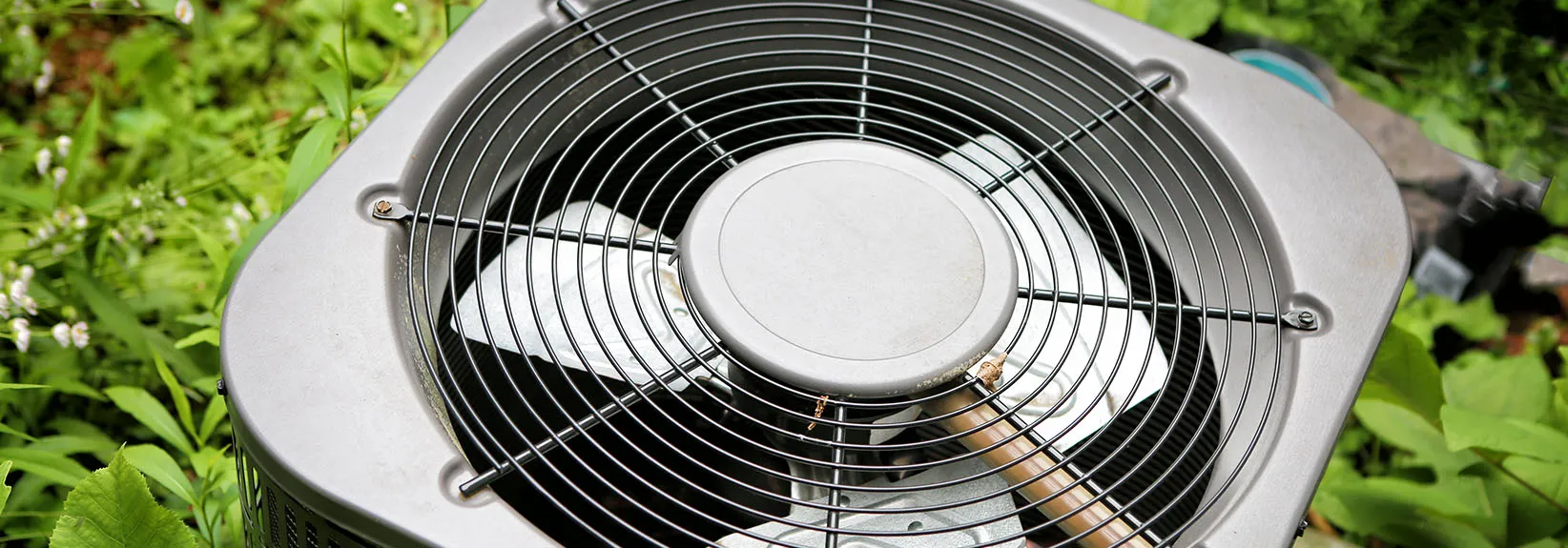Stay Ahead of Rising Refrigerant Prices
Your residential air conditioning system contains refrigerant, a chemical that allows the system to cool your home. While an AC system’s refrigerant supply is self-contained, leaks do occasionally develop. If you’ve recently attempted to service or even tune-up your air conditioner, you may have noticed a rapid increase in prices. Since the beginning of this year, refrigerant costs have steadily increased from $70 a pound to over $300 per pound in some cases.
Why is this happening? While higher prices can be a result of supply shortages, this is not the case. These recent changes are primarily due to new regulations and international tariffs disrupting the refrigerant market. Continue reading below for more information about why costs are up.
Fortunately, There’s No Shortage
While the total supply of refrigerant is stable, the large jump in price caught the attention of some distributors. Buying in bulk was no longer as cost effective as it generally was. Many companies slowed their purchases as a result. And in some cases, customers who consistently placed large orders have been temporarily restricted from doing so. This ensures more customers have access to the refrigerant they require. Waiting for prices to stabilize may appear to be a supply shortage, but the industry is merely being cautious.
So Why Are Costs Rising?
Higher refrigerant prices are a direct result of other countries competing against the U.S. economy. Other countries abroad are subsidizing their own refrigerant production, which lets them influence the U.S. markets with an artificially inexpensive supply. When these policies work, U.S. manufacturers are pushed out of the market, after which the global supply is controlled by another country. This is known as “dumping” and can lead to economic monopolies.
In an attempt to combat these policies, the U.S. government responded with anti-dumping tariffs and made them retroactive to June 18, 2019. Suppliers suddenly have larger expenses to pay on past product, and there is some uncertainty around future pricing as well. This is causing the price on available refrigerant to spike and fluctuate while the industry adjusts. Currently refrigerants entering the country are subject to a tax of around 210% percent. The U.S. could replenish refrigerant stockpiles via European markets, but costs there are similarly prohibitive. Even with tariffs in place, European refrigerant is still more expensive.
R125 Is a Chemical Component of today’s Refrigerants
The issue is further complicated by mopolized control of R125, a key component in several different refrigerants. Manufacturing the most common refrigerant, R410A, requires R125. R125 is also affected by the anti-dumping tariff, leaving American companies with very little options.
Will This Impact New Refrigerants and HVAC Equipment?
Some industry professionals are waiting to see if the increase in price speeds up the adoption of new refrigerants. An official transition to newly developed refrigerants is scheduled for 2022, but it is difficult to know if the anti-dumping tariffs will hamper the rollout.
Similar to how the U.S. phased out R22 refrigerant over a period of 10 years, R410a will be gradually replaced by more effective and environmentally-friendly alternatives like R32. The 10-year transition allows the industry time to adapt. When R410a compatible systems start to break down, R32 and other A2L refrigerants should be much more readily available.
Environmental policy like the Montreal Protocol could also influence future prices. Provisions drafted for this legislation dictate that refrigerant prices must slowly increase to encourage the transition to R32. As R410a is phased out, the higher costs also mirror the diminishing global supply.
You May Not Be Able to Avoid Overpaying, But We’ll Help Minimize Risk
Finding a leak in your refrigerant supply is already stressful without the punishingly high costs. Local service companies like Enercare Winnipeg Supply are taking steps to help their customers avoid these increased costs. We’ll do our best to preserve a steady supply of refrigerant while offering guidance on cost effective solutions for staying cool and comfortable. Give us a call today at 204-988-4575 for more details.



